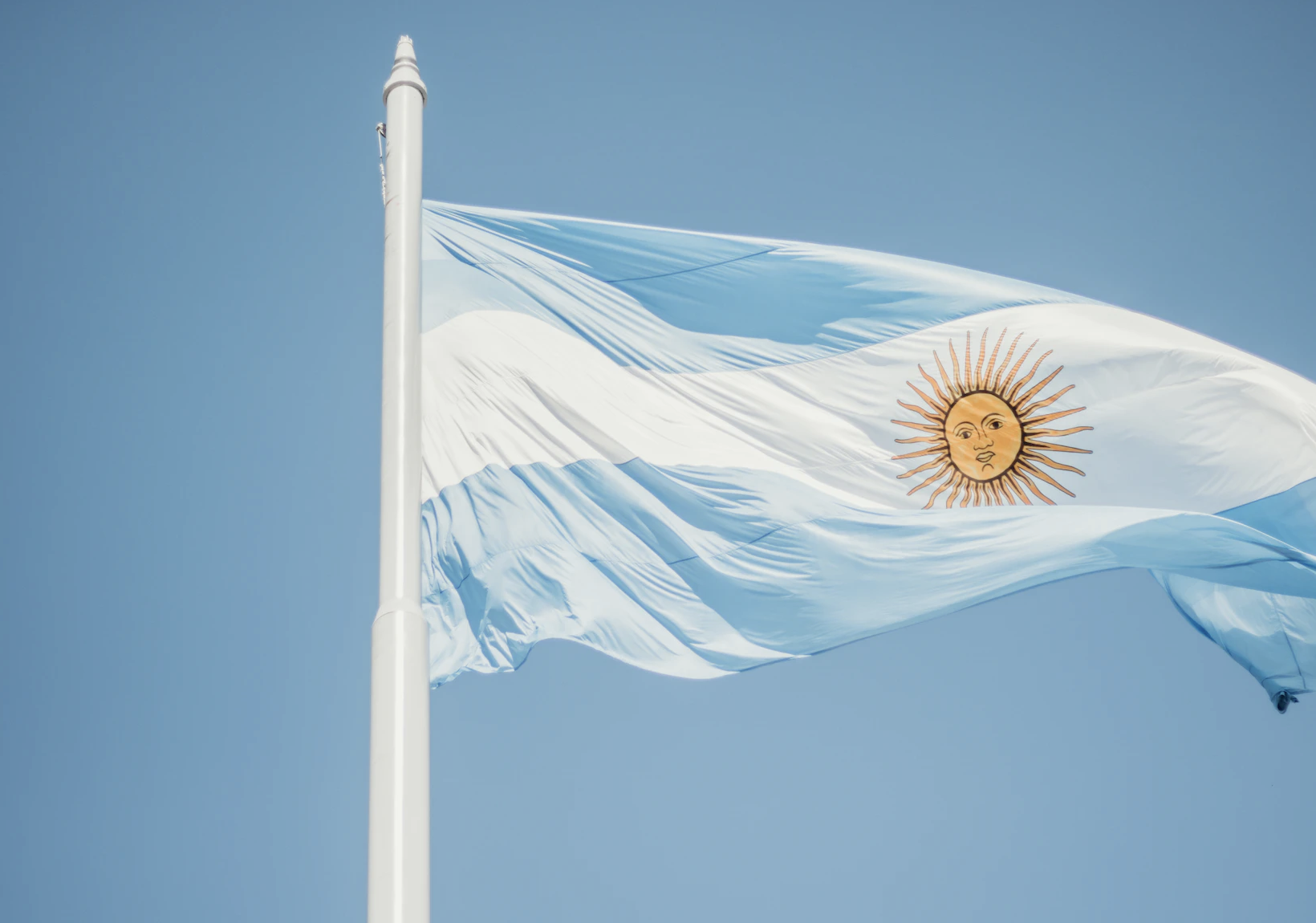
A recent op-ed published at the Washington Post has raised some eyebrows regarding Argentina’s National Soccer Team, specifically because the author’s complaints aren’t about the team’s performance during this FIFA World Cup, but instead because of the lack of black players on the team.

Flag of Argentina Photo by Angelica Reyes, Free to use under the Unsplash License
The piece, written by author and college professor Erika Denise Edwards, claims that the racial makeup of the team stands in “stark contrast” in comparison to the other competing South American teams at the World Cup. It’s almost as if she just assumes that every South American country is almost entirely racially similar… which she did.
Mind you, Edwards is an associate professor of Latin American history at the University of Texas at El Paso. She argued in her piece that Argentina’s soccer team is further proof of a “longer history of black erasure at the heart of the country’s self-definition” to appear as a “white nation.”
Historically, the accusation, or inference, of there being an intentional ‘erasing’ of black people is not factually correct. Actually, the racial makeup of the populace of Argentina changed over time due to the increase of immigrants from Europe who came to the nation after they achieved their independence in 1818. She recognizes this as a factor, but states that this is directly why one percent of the population is black.

Fans celebrating Argentina’s win over Croatia via WPLG Local 10 YouTube
However, The Washington Post later issued a correction stating that the number is actually “far less than” 1%. Don’t let this distract from the real point at hand though — why does Edwards have an issue with the race of the players?
“In 2014, observers hurled jokes about how even Germany’s soccer team had at least one Black player,” Edwards wrote. “While it appeared that Argentina had none during the year’s World Cup Final.”
There it is, the “diversity is strength” crowd, academic elites who have no real existential problems so they have to create one. Now, if there had been some type of racial apartheid in Argentina, if there was a racial quota or segregated practices against black people, potentially keeping qualified athletes from joining the National Soccer Team, there would have been a credible story.

World Cup qualifiers via MagicalMessi YouTube
RELATED: NHL Embraces Anti-White Racism, Says They Have Too Many White Employees, Aims To Change That
However, there isn’t, she doesn’t like the fact that the team was all white so she tried to create a racially tinted argument to attack them, void of historical context.
“Understanding this history reveals an Argentina that is far more diverse than many people often associate it with,” writes Edwards. “It also points to the concerted efforts to erase and minimize Blackness in attempts to create what many of the nation’s leaders perceived as a modern nation.”
Like I said, if there was a real, current, tangible effort to keep black people from appearing on the team, that’s worth talking about. But there isn’t, even if there were efforts hundreds of years ago, that’s no reason to go after a bunch of people who play soccer for a living.